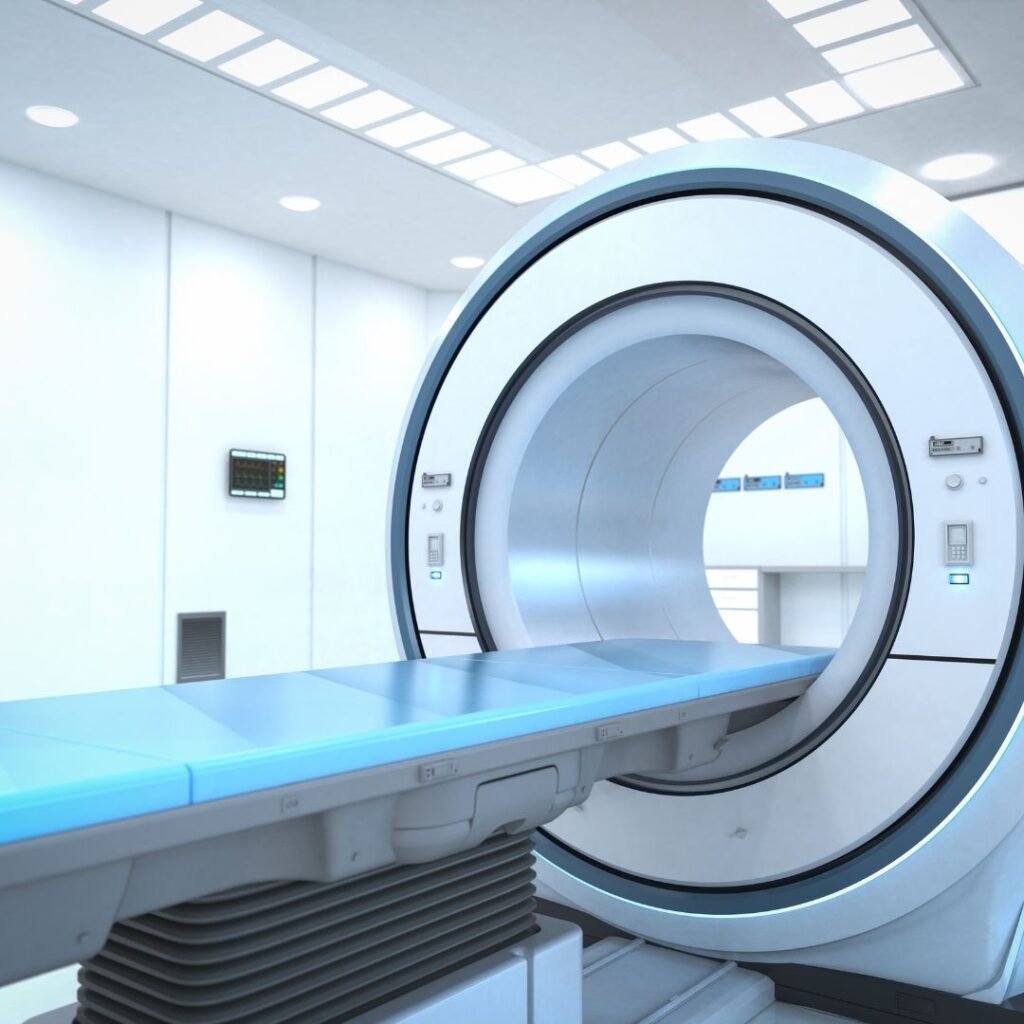When people hear the term “PET scan,” they often think it’s solely used to diagnose cancer. While it’s true that PET scans, commonly associated with cancer diagnosis, have a broader range of applications beyond oncology. These scans are essential in detecting and managing cancer, but their utility extends to other areas of medical diagnosis as well. Let’s get into the versatile uses of PET scans and their significant contributions to the field of medicine. scans play a crucial role in cancer detection and management, their applications extend far beyond oncology. Let’s explore the various uses of PET scans and how they contribute to medical diagnosis.
What is a PET Scan?
A PET scan is a type of imaging test that helps doctors see how your organs and tissues are functioning. It uses a small amount of radioactive material, called a tracer, that is injected into the body. This tracer emits positrons, which are detected by the scanner to create detailed images of metabolic activity in different parts of the body.
Primary Uses of PET Scans
- Cancer Diagnosis and Monitoring
- PET scans are most commonly associated with cancer diagnosis. They help detect cancerous cells and determine the stage of cancer by showing how far it has spread. They are also used to monitor the effectiveness of treatment by highlighting areas of the body that may still have cancer.
- Evaluating Brain Disorders
- PET scans are useful in diagnosing brain disorders such as Alzheimer’s disease, epilepsy, and other neurological conditions. They can show changes in brain metabolism and help assess brain function, aiding in early diagnosis and treatment planning.
- Cardiac Imaging
- In cardiology, PET scans can assess heart health by evaluating blood flow and identifying areas of the heart that may not be receiving enough blood. This can help diagnose conditions such as coronary artery disease and evaluate the effectiveness of treatments.
- Infection and Inflammation Detection
- PET scans can also be used to detect infections and inflammatory diseases. The images can reveal areas of increased metabolic activity, which often indicates infection or inflammation, helping doctors diagnose conditions like osteomyelitis or certain autoimmune disorders.
- Research and Clinical Trials
- In research settings, PET scans are invaluable for studying various diseases, drug efficacy, and understanding how diseases progress. They help researchers gather data on how treatments affect metabolic processes in the body.
Conclusion
While PET scans are a vital tool in the fight against cancer, they are far from being limited to this single application. From assessing brain disorders to evaluating heart health, PET scans provide a comprehensive view of the body’s metabolic activity. If you have concerns about whether a PET scan is right for you or how it may help with a specific health issue, it’s essential to discuss this with your healthcare provider. They can guide you through the benefits and risks, ensuring you receive the most appropriate care for your needs.
If you’re considering a PET scan or want to learn more about the procedure, feel free to reach out. Your health is a priority, and understanding the tools available can empower you to make informed decisions.
Call for More Queries at 8264897765

